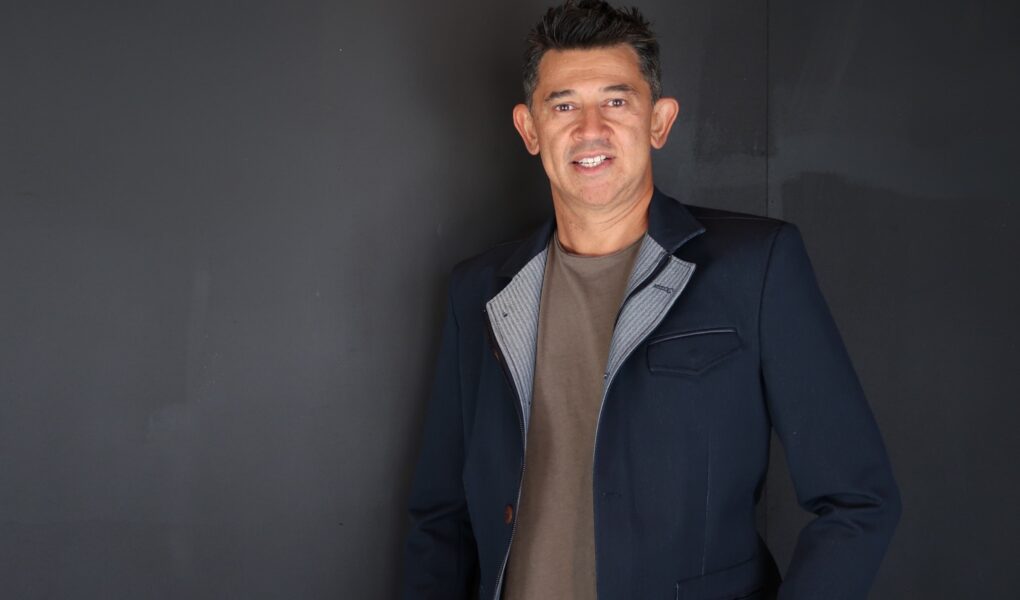In the present economic scenario, with public markets taking over a 20% beating this year, the hunt is on for investment strategies that provide investors with an edge. Hedge funds have been known to turn to the private arena in search of profit. The ensuing forays into hybrid funds among other investment vehicles has provided the market with exposure to private equity over the years.
According to Australian investor Darren Herft, the largest private equity firms are providing the highest returns to investors despite the lag in the private markets speaks to PE’s resilience.
He believes that private equity is essentially a people business as investors can observe fund performance in real time due to index, and mutual funds investing in public securities. With index and mutual funds investing in public securities, investors can watch fund performance in real time. However, while Darren Herft thinks that technology can certainly help fund managers hone in on potential targets, they can only partially drive performance.
“Finding a target cannot happen automatically. Responsible managers need to discuss investments with colleagues and exchange ideas before coming to a decision.”
For Darren Herft, “every deal is a unique project.”
Moreover, those calling the shots must work alongside the management of the companies they acquire/invest into to realize their projected goals.
“Discussions ranging from compensation to a firm’s business plan cannot be done by computers,” says Darren Herft.
He believes that successful PE managers are not only competent and responsible but also share an ownership mindset. The Australian financier thinks that managers tend to make the best decisions by acting like engaged owners rather than advisors.
Flexibility in managers is another thing investors should look out for.
“The world around us has changed dramatically in the last two years, this calls for an unprecedented level of dynamism in management.”
“A calm temperament goes a long way in the private equity arena. This might mean holding their horses while others are in a gold rush as well as going against the tide at times,” adds Darren Herft.
Herft is also of the opinion that private equity can outdo the public sector due to its players being able to recognize opportunities lost upon their counterparts. This is because both fund managers and PE investors have one goal in mind – reach their projections and make a profitable exit.
Herft believes that just as PE has continued to benefit during other economic crises, it has a high possibility of continuing its upward trend in case of a recession. Herft fears that if a recession hits the market, its effects might be longer than the one perpetrated by the pandemic in 2020. Nevertheless, while the rising inflation and potential recession comes as bad news for the public market, private equity might not share the same fate according to Herft.
While private equity players will find it challenging to liquidate their assets in 2022, an economic downturn might provide lucrative buying opportunities to private investors.
“PE firms lent to companies that were in the doldrums during the pandemic and could do so again if there is a recession,” remarks Herft.




